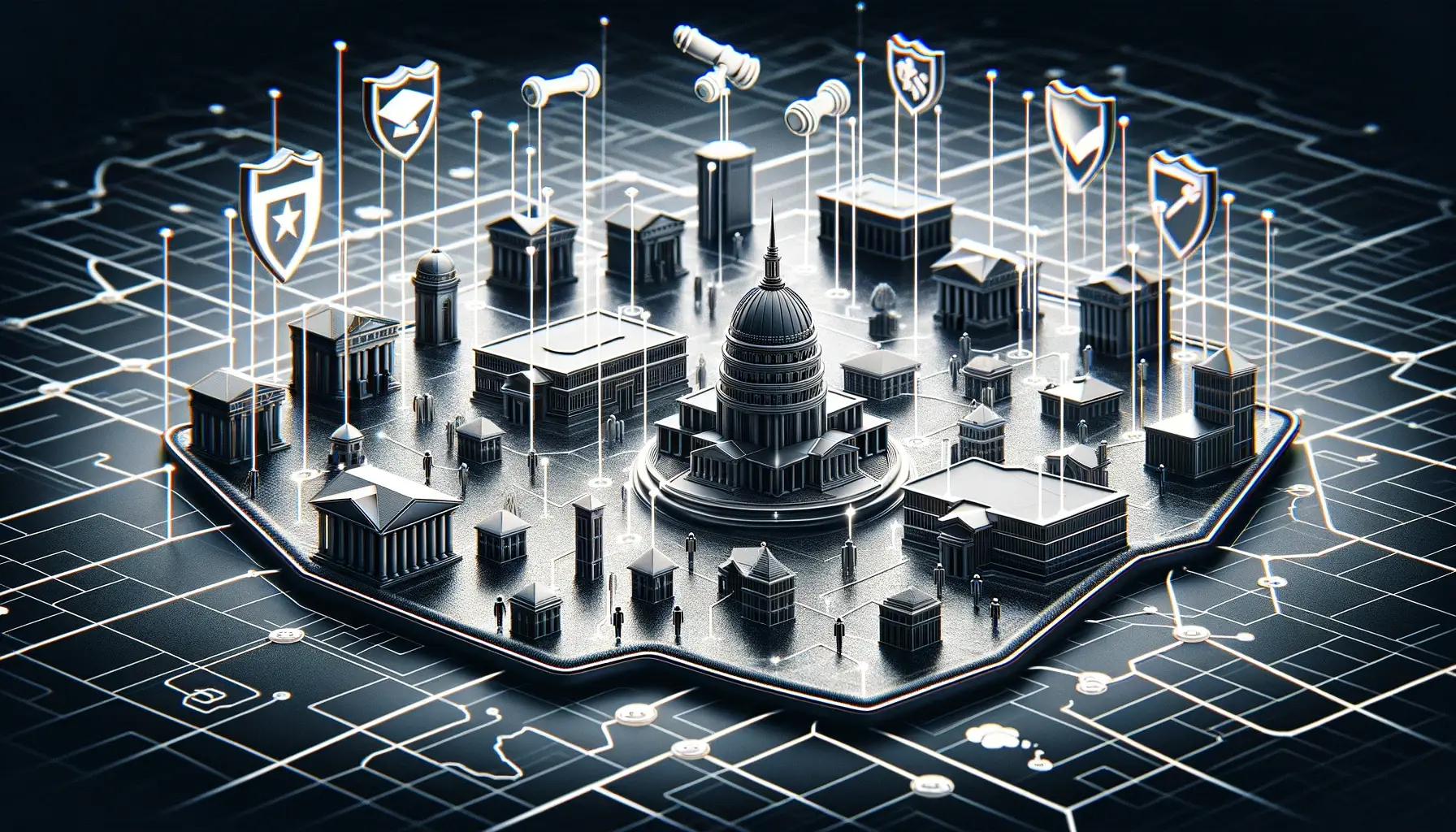Incognito Browser’s team ventured into the concealed world of student monitoring, revealing tactics that demand attention. Our team has compiled a distinctive and provocative report that illuminates the undercover operations prevalent in educational settings. This document, the result of thorough investigation, exposes the widespread surveillance embedded within schools and colleges, serving as a vital resource for those committed to protecting digital privacy. We extend an invitation to explore these revelations through our report, exclusively available to view inside our privacy browser app where it is secured against those who prefer such insights remain obscured. Engaging with our research not only enlightens you to the prevalence of student tracking but also involves you in an important dialogue on preserving privacy in academic environments. Arm yourself with insights that many have sought to conceal.
Unlock The Exclusive Report: ‘Schools Spying on Students’
Curious about how schools are secretly monitoring their students?
Access to this eye-opening report is available only to Incognito Browser users.
Install the Incognito Browser app from the Google Play Store now and uncover the truth!
In the landscape of educational technology, state laws play a crucial role in safeguarding student privacy. As educators, parents, and students navigate this digital terrain, understanding the legal frameworks at the state level becomes imperative. Among these frameworks, the initiatives by California, Colorado, and Connecticut stand out for their pioneering efforts to protect student data in an increasingly digital age.
California’s Approach: The Vanguard of Student Data Protection
California set a precedent with the Student Online Personal Information Protection Act (SOPIPA), introduced to enhance the security and privacy of student educational records. This law was a landmark, not only for its pioneering stance but also for addressing the nuanced needs of digital privacy in education. SOPIPA’s broad definition of protected information, including online behaviors and traditional personal identifiers, establishes a comprehensive safeguard against the misuse of student data.
Yet, the journey toward absolute privacy is fraught with challenges. SOPIPA’s exemptions for general audience websites and the ambiguity around devices and browsers reveal the complexities of enforcing privacy in the interconnected world of digital education. The law’s stipulations on data retention further underscore the need for clear guidelines and robust enforcement mechanisms to ensure the long-term protection of student information.
Amid these intricacies, software like the Incognito Browser app serve as allies for privacy-conscious users. Offering a shield against tracking and data collection, the app aligns with the spirit of SOPIPA, empowering students and educators to navigate the web with confidence and security.
Colorado’s Transparency and Security Act: A Model of Clarity and Responsibility
Building on California’s groundwork, Colorado introduced the Student Data Transparency and Security Act (SDTSA) to refine the obligations of educational entities and service providers. By differentiating between contract-based and on-demand service providers, the SDTSA clarifies the roles and responsibilities in the educational ecosystem, fostering a more transparent relationship between schools and technology vendors.
The act’s emphasis on transparency, especially regarding the collection and use of student data, provides a blueprint for informed decision-making by all stakeholders. As educational communities engage with digital resources, tools like the Incognito Browser app serve as crucial instruments for maintaining privacy, offering a secure browsing environment that complements the goals of the SDTSA.
Connecticut’s Legislative Framework: Advancing Student Privacy
Connecticut’s legislative efforts, encapsulated in “An Act Concerning Student Privacy,” further the discourse on digital privacy in education. By establishing clear prohibitions against the commercial exploitation of student data and setting forth contractual requirements for data sharing and protection, Connecticut underscores the importance of a unified approach to student privacy.
This legislative landscape, marked by proactive measures and a commitment to transparency, echoes the principles embodied by privacy-centric technologies. The Incognito Browser app, with its dedication to safeguarding user data, mirrors Connecticut’s approach, offering a pragmatic solution for students and educators seeking to preserve privacy in the digital realm.
Navigating the Future of Educational Technology
As state laws evolve to address the complexities of student privacy in the digital age, the role of technology in safeguarding or compromising this privacy cannot be overstated. Tools like the Incognito Browser app stand at the intersection of innovation and privacy, offering a pathway to a more secure and empowered educational experience.
In this ongoing journey, the collective efforts of lawmakers, educators, technology providers, and the wider community will be pivotal in shaping a future where student privacy is not just protected by law but ingrained in the fabric of educational technology.



